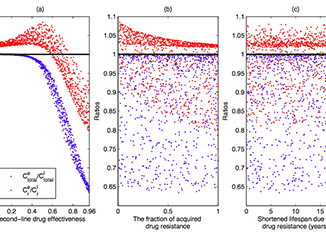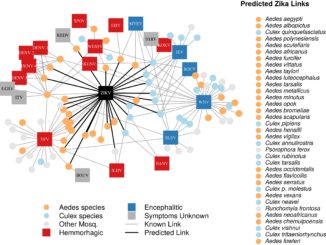Global Mammal Parasite Database version 2.0
Illuminating the ecological and evolutionary dynamics of parasites is one of the most pressing issues facing modern science, and is critical for basic science, the global economy, and human health. Extremely important to this effort are data on the disease-causing organisms of wild animal hosts (including viruses, bacteria, protozoa, helminths, […]










